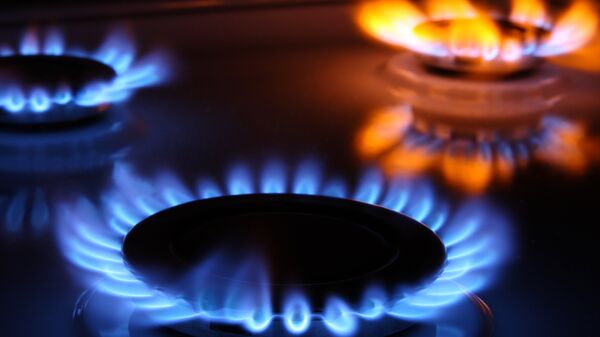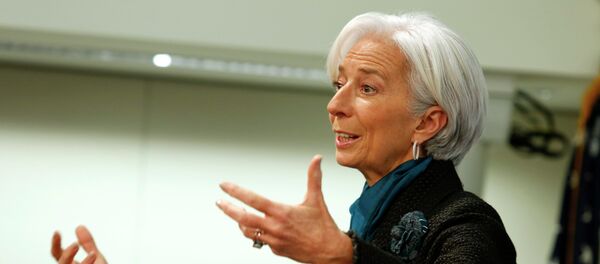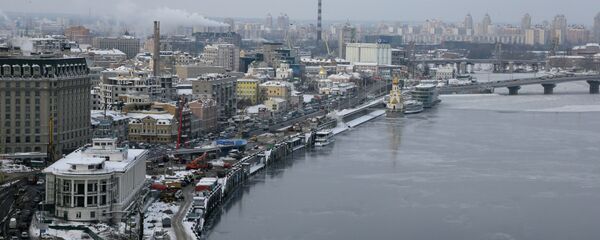IMF officials and the Ukrainian government have been negotiating proposals that would substantially raise gas and heating tariffs for Ukrainian households, as part of the IMF's agreement to provide Ukraine with a new $17.5 billion rescue plan. The plan is conditioned on Ukraine making a number of changes to its national budget, in areas including price subsidies, pensions, tariffs, and the tax code.
"The package of documents includes not only amendments to the 2015 state budget, but also a change in tax laws. It also includes an increase in gas tariffs by 264 percent and an increase of 64 percent on tariffs for heating," a National Bank of Ukraine official participating in the IMF-NBU meeting told the Ukrainian newspaper Vesti. The official added that the NBU "has little doubt that the MPs will vote for the necessary package of measures."
According to Alexandr Klimenko, the former Minister of Revenue and Duties, the proposed changes, which will be voted on at a special session of the Verkhovna Rada on February 25, leaves little money to assist ordinary Ukrainians in coping with the rising rates. "For those counting on subsidies, let's use simple arithmetic: Subsidies to Naftogaz in 2014 comprised about 100 billion hryvnia ($3.8 billion US); in 2015, they will be reduced to 30 billion hryvnia ($1.15 billion); the difference will be covered by an increase in tariffs. At the same time, subsidies for low-income families in 2015 will amount to only 12.5 billion hryvnia ($479 million). The difference in the amount of 57.5 billion hrynvia ($2.2 billion) will theoretically now be covered out of the pockets of Ukrainians."
Amid its talks with the IMF, the National Bank has revised its estimates for 2015, projecting an inflation rate of 27 percent, a 5.5 percent drop in GDP, and a foreign debt to GDP ratio of 72 percent. Ukraine expects to receive an $8.5 billion tranche from the IMF this year. Figaro estimates that Fitch's recent downgrade of Ukraine to a "CC" rating signifies the increased probability of a default in the coming months. The country's currency has lost 66 percent of its value against the dollar in the last months, dropping over 30 percent in within several days of trading earlier this month.





